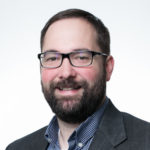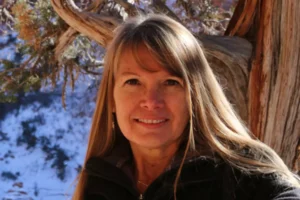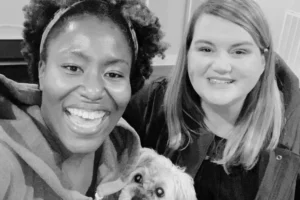Last week, TIME magazine announced the winner of its 2011 Person of the Year award. Its choice joins previous winners: George W. Bush, Bono, Bill and Melinda Gates, Mark Zuckerberg and others. Like them, this year’s winner is responsible for positive change all over the world. This year, TIME magazine honors “the Protester.”
At first glance, I assumed TIME was jumping on the “occupy” bandwagon, but TIME is focusing more on protestors in countries like Tunisia and Egypt who’ve protested awful dictator regimes, started revolutions, and seen dictators removed from power. In the U.S., it can be hard to grasp how many lives are instantly improved when ruthless dictators fall from power.
This story reminded me of something I read recently in a book by Notre Dame sociologist Christian Smith. In Lost in Transition, Smith writes that American young adults (ages 18-23) are much less involved in politics than previous generations. Smith cites six different types of political involvement among young adults:
The politically apathetic: 27%
The politically uninformed: 13%
The politically distrustful: 19%
The politically disempowered: 10%
The marginally political: 27%
The politically involved: 4%
Smith concludes:
Most emerging young adults in America have extremely modest hopes, if any, that they can change society or the world for the better, whether by volunteering or anything else …. It is not that [they] are … “me first” social climbers …. They simply think of themselves as “realistic” about the likely influence they might have on society and the world around them …. They often think investing in public life is not their responsibility, but rather [the responsibility] of wealthier, more famous, and more powerful people. And so most steer clear of civic participation, public engagement, and political life. (Smith, 195-211)
Smith obviously wrote these words before the recent Occupy protests and TIME’s POTY announcement, but his observations definitely strike a chord. Could it be true only 4% of young adults are politically engaged? And what does that mean for the future of U.S. democracy?
Smith links this finding to a lack of hope, observing that many young people today do not believe they are able to influence change politically. They’ve grown up seeing politicians work their entire careers to bring about principled changes while the wealthy, famous and powerful really get to call the shots.
I believe many young people want to go about their lives, leaving politics to someone else, hopeful that they’ll never have a “run-in” with the government that will impact their lives negatively. Sure, they’ll pay their taxes and even vote in presidential elections, but besides that, they don’t want to hear about it. I guess it’s a good thing they weren’t born in Tunisia or Egypt.
I’m not an overly political person. However, I do recognize what we stand to lose if an entire generation shifts into political “neutral.” As I see it, we should all be aware and engaged in how our leaders and legislators represent and lead us as an act of service to one other. Political decisions have a massive trickle-down effect and, unfortunately, not everyone in power maintains pure, altruistic motives.
One of the significant ways we can love and serve our fellow citizens is by getting involved politically. Everyone who enjoys freedom has a long list of politicians to thank, tracing all the way back to the founding fathers. These leaders worked to ensure liberties, not just for themselves, but for all people. Politics at its best is a labor of love. We stand up for others and fight for those who can’t fight for themselves. In so doing, we maintain hope and see politics as one of the many ways we obey the command to love our neighbors as ourselves.










